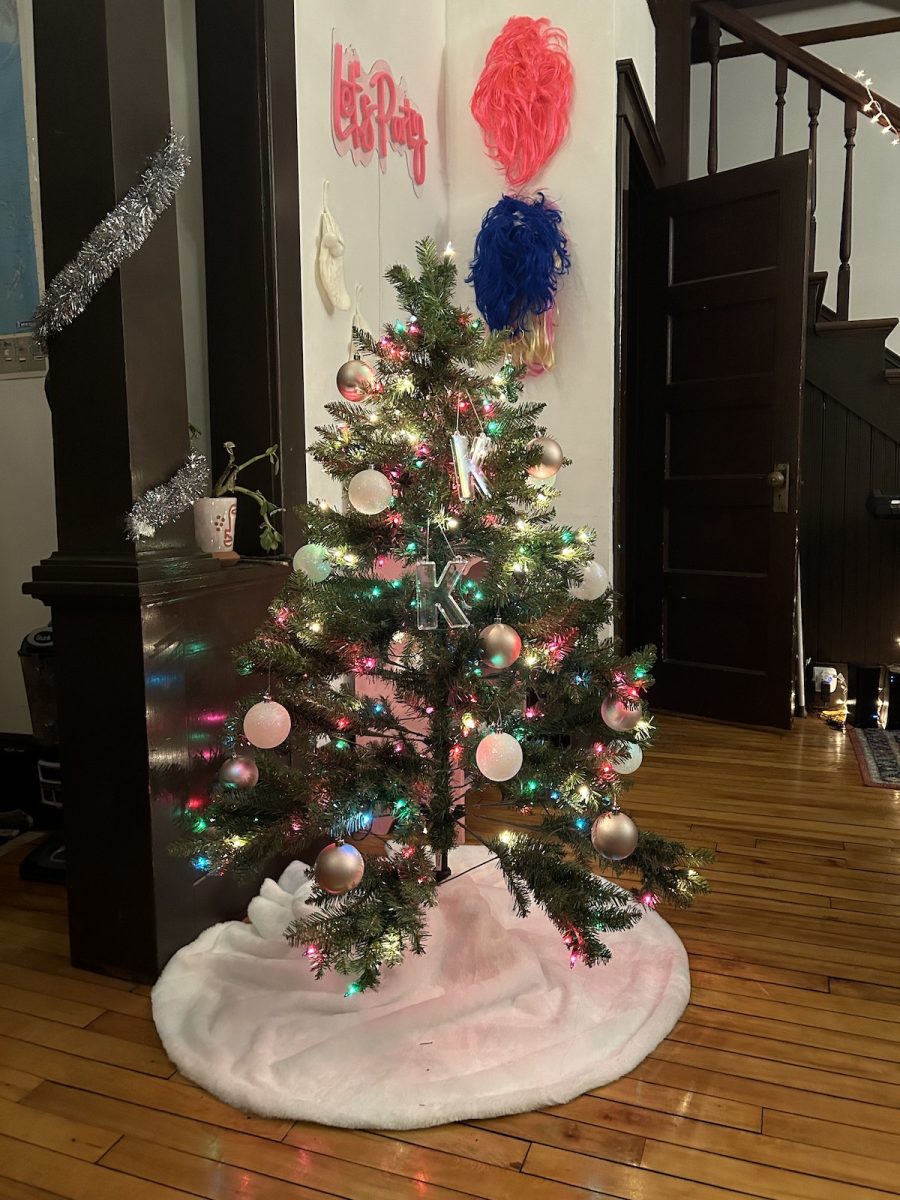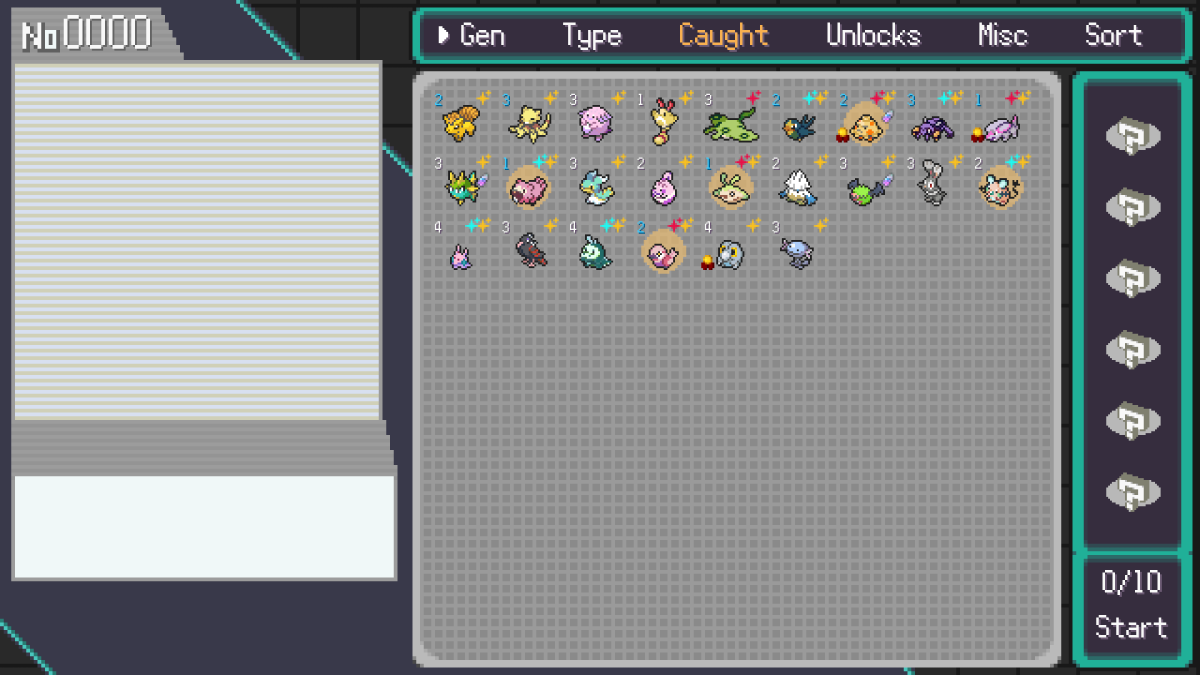 Kathlyn Hotynski
Kathlyn HotynskiThere have been a number of topics that have thickened the debate atmosphere in college and caused an uproar among typically controlled friends.
Politics and sports may dominate those controversial discussions at UW-Eau Claire and across the UW System, but the one argument that seems to divide the university in half with no potential for any leeway involves ducks and geese.
Aside from the always-tantalizing fights between Packers and Vikings fans every year, bubbler versus drinking fountain, and pop against soda, the controversy surrounding “duck, duck, goose” and “duck, duck, gray duck” can dominate a heated discussion at the mention of either phrase.
Being from the southern-Madison area of Wisconsin, my allegiance lies with “duck, duck, goose,” but I have many friends that insist “gray duck” is the correct fowl to use when playing the game.
Let’s look at both games metaphorically by using semi-realistic situations, because we all know that you’re never going to come face-to-face as a 40-year-old with the game in your workplace (teachers are the exception here).
If there were a row of four Caucasians and one African-American you would consider them all human beings. But if you were told to pick out the part that “didn’t belong,” you would be forced to choose the black man. By this logic, playing the game with a gray duck would be discrimination based on race, and that is unconstitutional. The game would also be flawed if someone lined up five different races of humans and told you to pick out the one that doesn’t belong. Once again, discrimination based on race is in the spotlight here.
In contrast, if someone were to place four Caucasian men together with a dog and asked you what was wrong with the picture, you could easily say the dog is not of the same species as the rest of the group. Sure the dog is a mammal, but it is a different species and should not be lumped together with human beings. Although it would be considered “specism,” my word for discrimination based on special differences, it could also be considered a form of crude bestiality if you’re that sick, but I won’t go there with a 90-foot pole.
Personally, I think it would be worse to discriminate based on race and sex than species, but that’s just me. I’m not saying people from Minnesota are racist, though I am saying that logically, “goose” would be the best choice for the odd bird in a group of ducks.
The weird thing about this argument is that, as far as I know, “gray duck” is only used in Minnesota, while “goose” is used commonly in the other 49 states and even Canada. The best example of this comes from an episode of “Family Guy” when Stewie goes to pre-school and plays duck, duck, goose. I rest my case.
I do give Minnesotans credit for dissenting and sticking with their stance through the constant barrage of insults, but we can’t have these Minnesota-based teaching majors in our great state spreading gray duck talk around the country or Wisconsin.
That’s why I’ve come up with a solution to this growing problem in our schools and society – symbolic protest. It has worked sparingly in the past and could possibly gain goose advocates some brownie points in the continuing fight for goose dominance in Wisconsin and the rest of planet Earth.
The only viable option I see in this cold war would be to host a racist pastry sale. If someone said “goose” when they were young, you would charge them $1 for a donut, whereas someone who said “gray duck” would be forced to pay $1.50 for the same donut. This would send a clear message that Wisconsin doesn’t want gray ducks spreading their slanderous filth across the land.
Act now or your children will suffer the same fate as those in Minnesota. Proceeds from the pastry sale will go towards Foundation for the Eradication of Duck, Duck, Goose (FEDDG).
McCormick is a sophomore print journalism major and editorial editor of The Spectator. McCormick’s Musings appears every Thursday.






